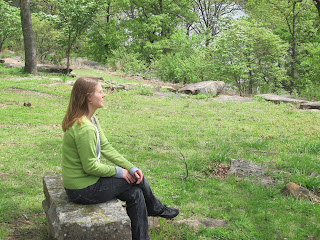Safety and Sobriety at a Baseball Game
Baseball has always been a favorite American past time. So when I was invited to a professional baseball game, I jumped at the offer.
 |
| Baseball in the City |
The baseball game was in a beautiful downtown stadium. The atmosphere was electric. My team won and the game concluded with an amazing fireworks show.
When I go to a sporting event, I like to watch the people and sites around me. This particular stadium offered entertainment on the field and in the stands. One of the first things I noticed was the free flowing alcohol. I saw beer and frozen drink stands. Men in yellow shirts were walking up and down the aisles hawking beer and frozen margaritas.
It was a time of baseball and booze.
Watching the people drinking alcohol raised some questions in my mind . . .
- If a person gets drunk, how do they safely get home?
- Is underage drinking being encouraged?
- How well would a recovering alcoholic manage at a baseball game?
I did some research on the internet and read the following regarding stadium's active involvement in fan's safety after a game:
"Some stadiums are taking an active role to ensure their fans’ safety when they leave the game. The Diamondbacks, Chicago White Sox, and Detroit Tigers partner up with TEAM Coalition (Techniques for Effective Alcohol Management) to educate fans about alcohol responsibility. Their newest campaign, Responsibility Has Its Rewards, offers incentives for those who participate in the program. For example, in 2005, one Diamondback fan who participated as a designated driver had the chance to win tickets to the All-Star Game."
Learning of stadium's taking steps to ensure fan's safety is good to know.
On the ride home, my uncle made the following observation about the game,
"I realize now that for many people going to a baseball game is more of a social time. The people sitting around me did not seem to be watching the game. They were up and down and changing seats. I saw them spending enormous amounts of money on alcohol and food. And then they left early."
As a person in recovery, going to a baseball game where booze flows freely could become an insurmountable temptation. It might be wise, if you are new to living a sober life to wait on attending a baseball game. You can always watch it on television. However, for the person who has been in recovery for awhile, I do believe it is possible to go to a baseball game and survive the temptations.
Planning your trip to the baseball game is key.
Here are a few things you may want to do to survive the temptation to drink alcohol:
- If the stadium allows it, bring water bottles.
- Leave your cash at home, alcohol is sold on a cash basis.
- Sit with people who are not drinking.
- Focus on the game.
- Have sober fun.
Watching sporting events can be a memorable experience. Plan to make it a positive memory.






